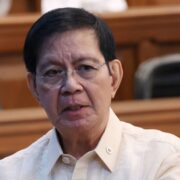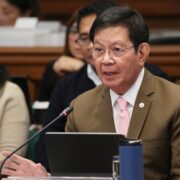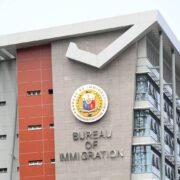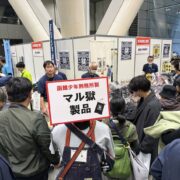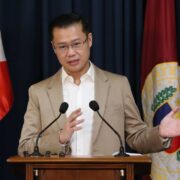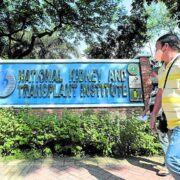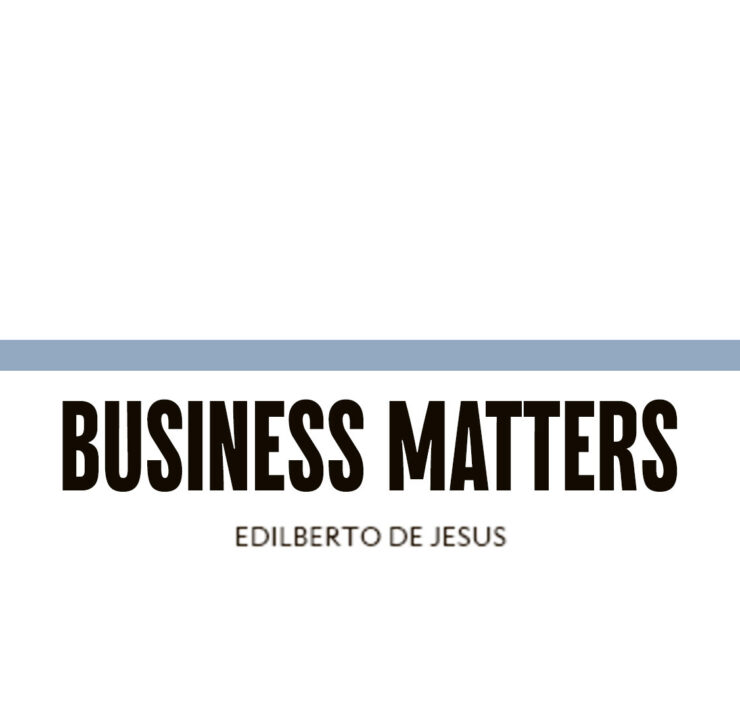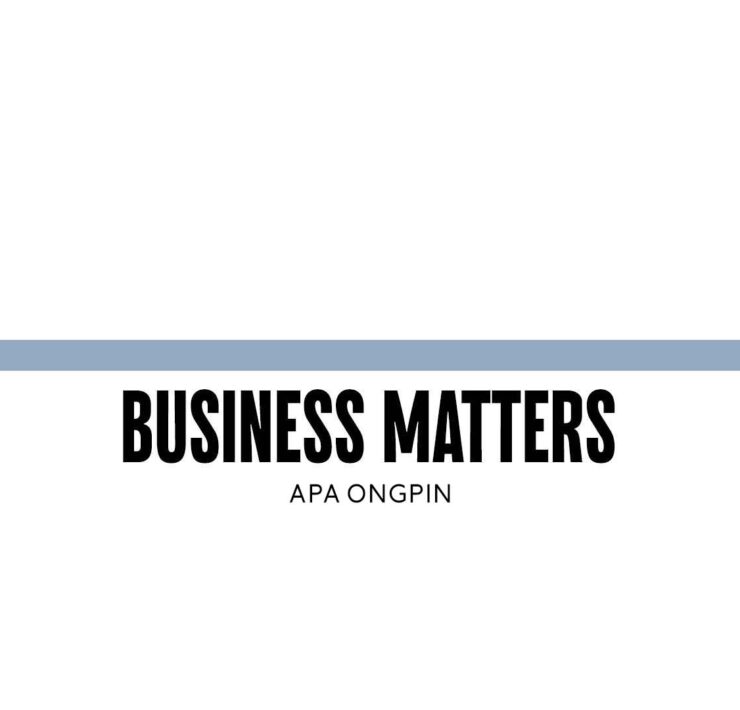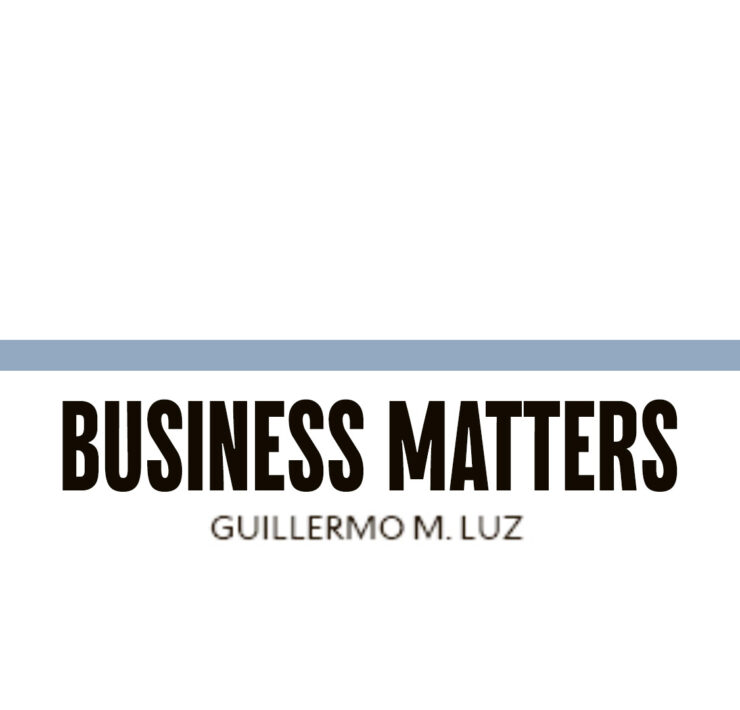Wish list pa more for Philippine business
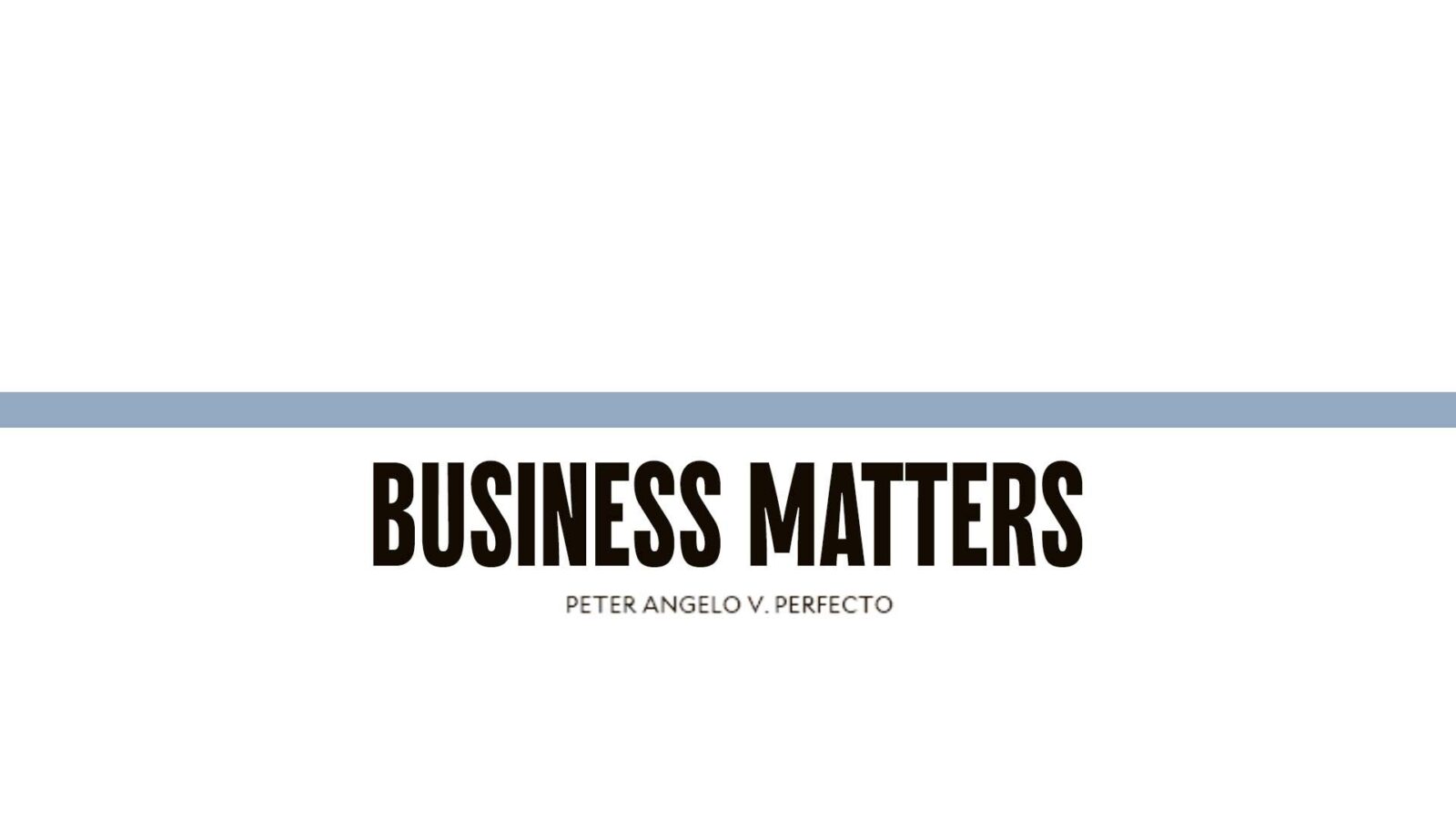
The last time I had the privilege to write for this column at Christmas time was in 2021. In that opinion piece, I proposed three wishes for Philippine business: to adopt the values of integrity and love of country in doing business by paying the right taxes and never paying the bribe, to evolve meaningful and sustained partnerships with the rest of civil society in addressing deeply rooted ills of society, and to embrace a transforming role in democratic elections through voters education and support to safeguard the voters and their ballots. All these three wishes remain valid three years later as our country grapples with continuing and even growing challenges here, in the Asian region, and across the globe. I may as well just resubmit that opinion piece for its relevance and timeliness today.
To make better use of this privilege, however, allow me to propose another three wishes for business.
Wish four is a challenge to business to be the change in society by doing well while doing good in business. Not-for-profit nongovernment organizations (NGOs) have for many years been plugging gaps in the delivery of social services. Most initially tap support from other governments’ aid programs and fund grants from international organizations and other large nonprofits. While many organizations did deliver results, they had to keep contending with sustainability issues as access to funding became limited, more competitive, or simply stopped and diverted elsewhere.
One option for business is to partner in the long-term with one of the more effective NGOs with a proven track record and provide it long-term financial support, including guidance on fund management, to deliver microfinance services for example. Rather than create their own programs, business can just help sustain what already works. ASA Foundation comes to mind as a possible partner for impact.
The second option would be for business to go into the business of closing a gap in society as Phinma did in tertiary education. With an enrollment of 160,000 across 10 schools in the country, Phinma delivers college education that leads to jobs with over 80 percent of our graduates who take board exams making the cut. Phinma schools offer very affordable tuition for quality education made possible by better-paid teachers given more effective learning delivery platforms.
Angkas is another example of a company following its north star of addressing transportation gaps and giving employment opportunities to thousands who have very limited options to earn a decent living. There are already models of businesses that make profit by solving decades-old problems. Some are small startups already on this track and recognized by the Ramon V. del Rosario Siklab Awards that I have written about in the past.
Wish five is about Philippine business doing more for the environment. As an archipelago that forms part of an ocean region recognized as the center of marine biodiversity of the world, business can maximize its influence and resources to bring more success to the campaign to reduce, or better yet, zero the Philippines’ plastic waste ending up in our oceans. While zero carbon is certainly important, maybe a better starting point for our efforts for Mother Earth must begin with eliminating plastic waste. After all, sachets and plastic bottles are all produced by companies wanting to make a profit from the “tingi” system and maximize production and supply chain efficiencies of plastic packaging. Business must figure out a way to rake in profits without the bane of plastic unleashed on our oceans and its creatures.
Finally, wish six is about investing more toward building more globally competitive sectors and industries. It is high time that we stop resorting to tariff and non-tariff barriers that only serve to rationalize our tendency to be laid back, unwilling to invest in innovation, and hesitant to adjust and adapt to an ever-changing world of tech advancements. These tendencies not only hold the nation back but, worse, consign our people to low-quality products and services and/or higher costs. In rice and cement, for example, why can’t our people be allowed to enjoy lower prices of better quality imports when local business refuses to invest in their global competitiveness?
Yes, I agree that all the above are more easily said than done. But in country after country, and now even in some of our local communities, the seemingly insurmountable has been overcome and we need only to learn from them, replicate, and scale up.
As we celebrate this season of hope, this Christmas 2024, let us also dream of the better Philippines we deserve. The power of shared belief is what has made Santa Claus real to millions of children for generations. What do we believe in, Pilipinas?
—————-
Peter Angelo V. Perfecto is former executive director of the Makati Business Club, works with the Phinma group, and chairs Oxfam Pilipinas.
—————-
Business Matters is a project of Makati Business Club (makatibusinessclub@mbc.com.ph).


